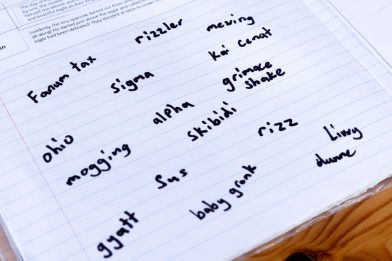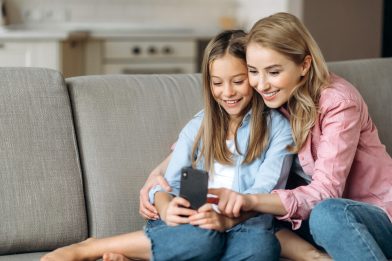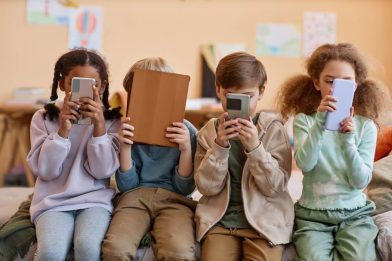What Is a Bop Girl—and Is the Term Harmful?
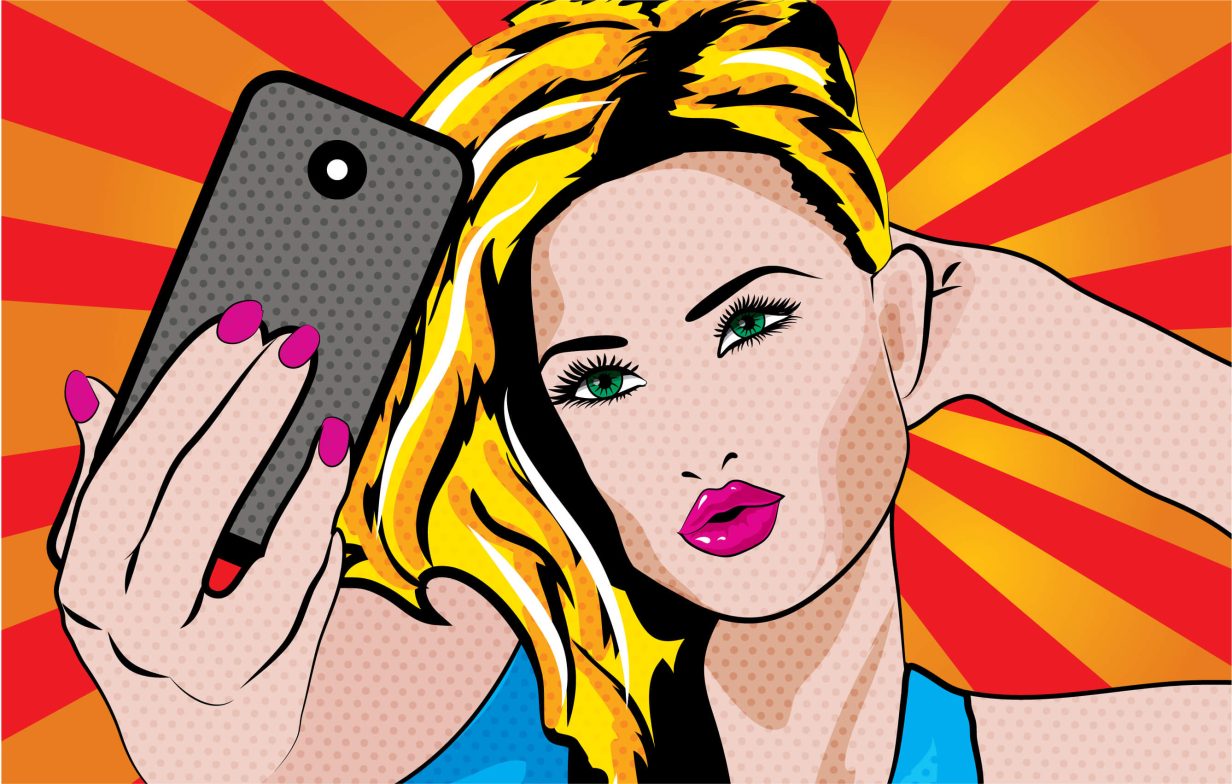
If you’re a parent, you’ll know that staying on top of the latest slang terms our kids use is a full-time job. One of the phrases you may have heard your children throw about is ‘bop girl’—it sounds pretty innocent, right? You may be surprised at what this slang term actually means.
Keep reading to find out the answer to the question ‘what is a bop girl,’ why teens use it, and how being labelled one can have significant social consequences. We’ll also take a look at exactly what you can do to protect your child from its negative effects.
Contents:
- What Does ‘Bop’ Mean?
- Why Teens Use ‘Bop Girls’ and What It Means for Them
- Why the Term ‘Bop’ Can be Harmful
- How Parents Can Support Their Children
- Tools to Support Healthy Digital Engagement
- FAQs
What Does ‘Bop’ Mean?
@lvrzo I thougt bop was a good thing 😭 #tarayummy #xybca #foryoupage #real #foryourpage #viral ♬ original sound – ❦
The word ‘bop’ refers to a blow that strikes a person, a type of jazz music, or dancing. In Gen Z slang, the term relates to a catchy song. But ‘bop’ has another meaning, too. According to the Urban Dictionary, a ‘bop girl’ is a promiscuous woman with a high body count, who ‘sleeps with everybody.’
The Merriam-Webster online dictionary adds that a ‘bop girl’ can also be someone who presents themselves ‘immodestly’ on social media platforms. Linked terms include ‘lala bop’ and ‘school bop.’ These phrases are often used, either in the real world or on social media, to ‘slut’ shame or bully, or to call out those who are perceived as ‘bop girls.’
Examples of when you might hear the terms ‘bop girl,’ ‘lala bop’, (which is also the name of a song by Almighty Rexxo) or ‘school bop’ used could be in the comments section of a TikTok video where viewers call out someone for dancing while wearing a crop top. It may be used to suggest that a girl has had lots of sexual partners in school, or to shame someone who is perceived to dress or act provocatively on social media to get views.
Why Teens Use ‘Bop Girls’ and What It Means for Them
While it’s tempting to view ‘bop girl’ as just another example of brain rot TikTok slang or one of those harmless social media trends, the term does have a worrying side that can have significant consequences for those it’s used to describe. When it comes to social currency, being called a ‘school bop’ or ‘lala bop’ can have both serious and long-lasting effects.
These terms can have an extremely negative impact on social belonging and self-esteem, and lead to kids feeling isolated and confused. Being called a ‘bop girl’, whether on a social media platform or in a middle school classroom, can have devastating effects on mental health, cause acute embarrassment, and even have young people questioning their identity. These terms can promote the internalization of harmful stereotypes, where women are viewed as sexual objects, slut shamed, and perceived as only having an aesthetic worth.
Why the Term ‘Bop’ Can be Harmful
@notburnttoastheheyall call any pretty girl a bop🤡♬ original sound – cara
Calling someone a ‘bop,’ a ‘lala bop’ or similar can have real consequences. Titania Jordan, author of Parenting in a Tech World and Childhood 2.0, talks about how the term ‘bop’ is now being used as part of a ‘cruelty competition’ on social media. She notes that boys, young men (and even, sometimes, women) are increasingly turning to social media platforms to ‘call out’ what they view as ‘bop behavior’ in a toxic trend that is fast becoming the norm. In turn, this normalizes a culture of harassment and reinforces harmful gender stereotypes.
For young girls labelled as ‘bop’, the public shaming and sense of humiliation can be extremely difficult. Furthermore, in most cases, it fuels the spread of misinformation, with the person being called a ‘bop girl’ due to rumors, malicious gossip, and dodgy ‘digital proof.’
‘Bop’ can play a serious role in cyberbullying, with victims frequently feeling anxious, depressed, lacking in confidence, and unwilling to engage with their peers or get involved with social activities, for fear of being ridiculed.
How Parents Can Support Their Children
For parents, an understanding and awareness of the slang term ‘bop’ and how it’s used is the first, vital step. Maintaining digital literacy around this type of slang can seem like a never-ending task, but it’s an important one. Knowing the dangers is the first stage of protecting our kids from them
It’s vital to create an open, safe, and supportive home atmosphere where your kids feel comfortable talking to you about anything they’re unsure of or upset by. Making discussions about what’s happening at school and their online life a regular thing is a great idea. Practice actively listening to your child, without judgment or trying to ‘fix’ things. Let them tell you, in their own words, what’s happening and how they feel.
Look out for the signs of cyberbullying. This could take many forms, such as your child being anxious or distressed, reluctant to go to school, becoming withdrawn, losing confidence, or having problems sleeping or eating. Changes in school performance may also signal a problem. Depending on the nature of the bullying, there are plenty of things you can do to help your child. As well as offering unconditional love and support, you may want to, for example, talk to your child’s middle school teacher or the school headteacher, or report the cyberbullying to the relevant organization.
Conversations around the term ‘bop’ can be a great opportunity to discuss the importance of setting healthy online boundaries, and teaching your child how to do so is essential. Speak to them about consent; you could ask them whether someone has a right to comment on a video that someone is acting like a ‘bop.’ From here, move on to a more general discussion of digital literacy. Discuss with your child how you can be sure that such a comment reflects the truth—is the person being criticized unfairly? How would your kid feel if they were labelled in the same way? Finally, consider the concept of judgment and how fair it is for someone to cast judgment on the perceived actions and intentions of others.
Tools to Support Healthy Digital Engagement
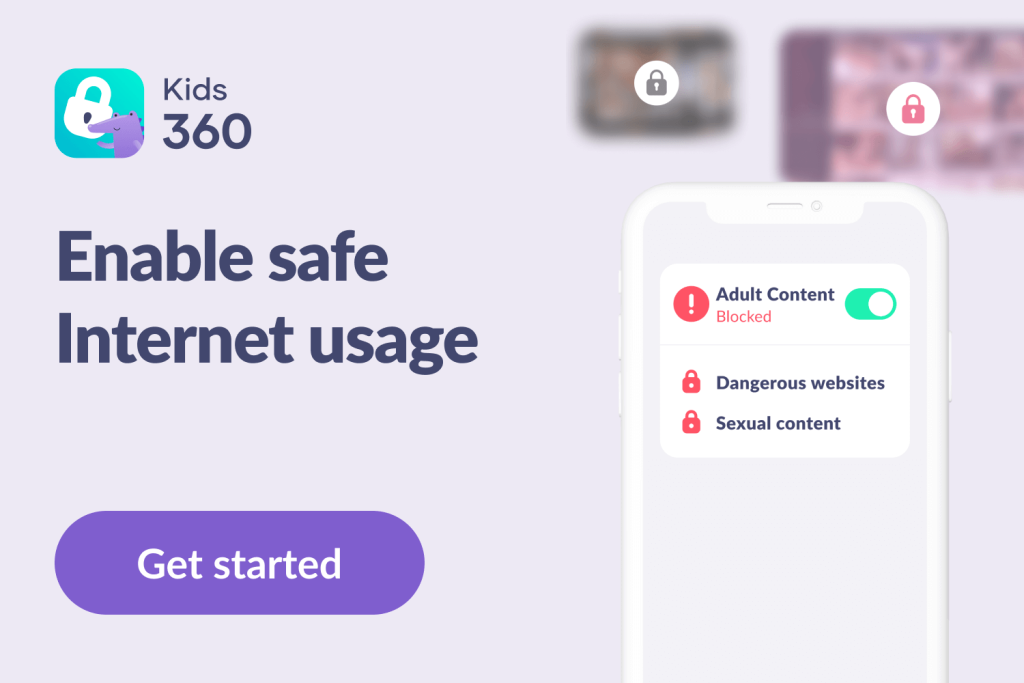
The Kids360 app
Another key way to protect your kids from unhealthy brainrot terms like ‘bop’ is to help them maintain a healthy digital balance. We all know how hard this can be—kids are increasingly connected to their screens, and prising them away can be exceptionally challenging.
an app like Kids360 can help. This tool allows parents to monitor and control what their kids are doing online, and promotes individual growth and development. Access the app’s comprehensive range of parental controls to limit the amount of time your children can spend on their screens, set tasks, and block certain sites and platforms entirely. If you’re worried about the impact of ‘bop’ culture, limiting the extent to which your kid can be exposed to it could be the answer.
The Dangers of ‘Bop’—and How to Counter Them
Slang has always been around and beloved by young people. This form of ‘insider language’ can help kids feel included and part of an inner circle or special group. While often harmless, it’s important that parents are aware of some of the more problematic slang terms, like ‘bop,’ in order to understand the dangers kids face in both the online and real worlds. Use our guide above to get to grips with this term, when it’s used, its consequences, and how to keep your kids safe from its pernicious influence.
FAQs
What does ‘bop’ stand for?
While ‘bop’ formerly referred to a dance, or catchy, lively music, today it can also be used to describe someone who is promiscuous, or acts provocatively online to get attention or likes.
What is a ‘bop girl’ in a relationship?
In a relationship, a ‘bop girl’ could be someone who is very active on social media (usually acting in what is perceived as an immodest fashion) or who continues to be promiscuous while in the relationship.
Is ‘bop girl’ always negative?
While the term ‘bop girl’ is typically negative, some define it as a woman who radiates confidence and is stylish, bold, and unapologetically herself—the life and soul of the party.
What if my child says they are a ‘bop’?
If your child says they are ‘bop’, it could mean many things. Some kids may not connect it to promiscuity, but instead use it in connection with, for example, their music preferences, as in ‘I love this latest song from Dua Lipa, it’s such a bop.’
What is a ‘bop female’ TikTok?
A ‘bop female’ on TikTok is usually used to describe someone who posts revealing photos of themselves online, or has had a lot of sexual partners.
What is ‘bop’ in Gen Z slang?
In Gen Z slang, ‘bop’ refers to a really great beat or song, someone who puts their body on social media for attention, or someone (usually a female) who acts promiscuously. It can be found everywhere, from online platforms to social digital marketing campaigns, to describing trap music.
Cover image: Gal Amar/Shutterstock
Проверьте электронный ящик














